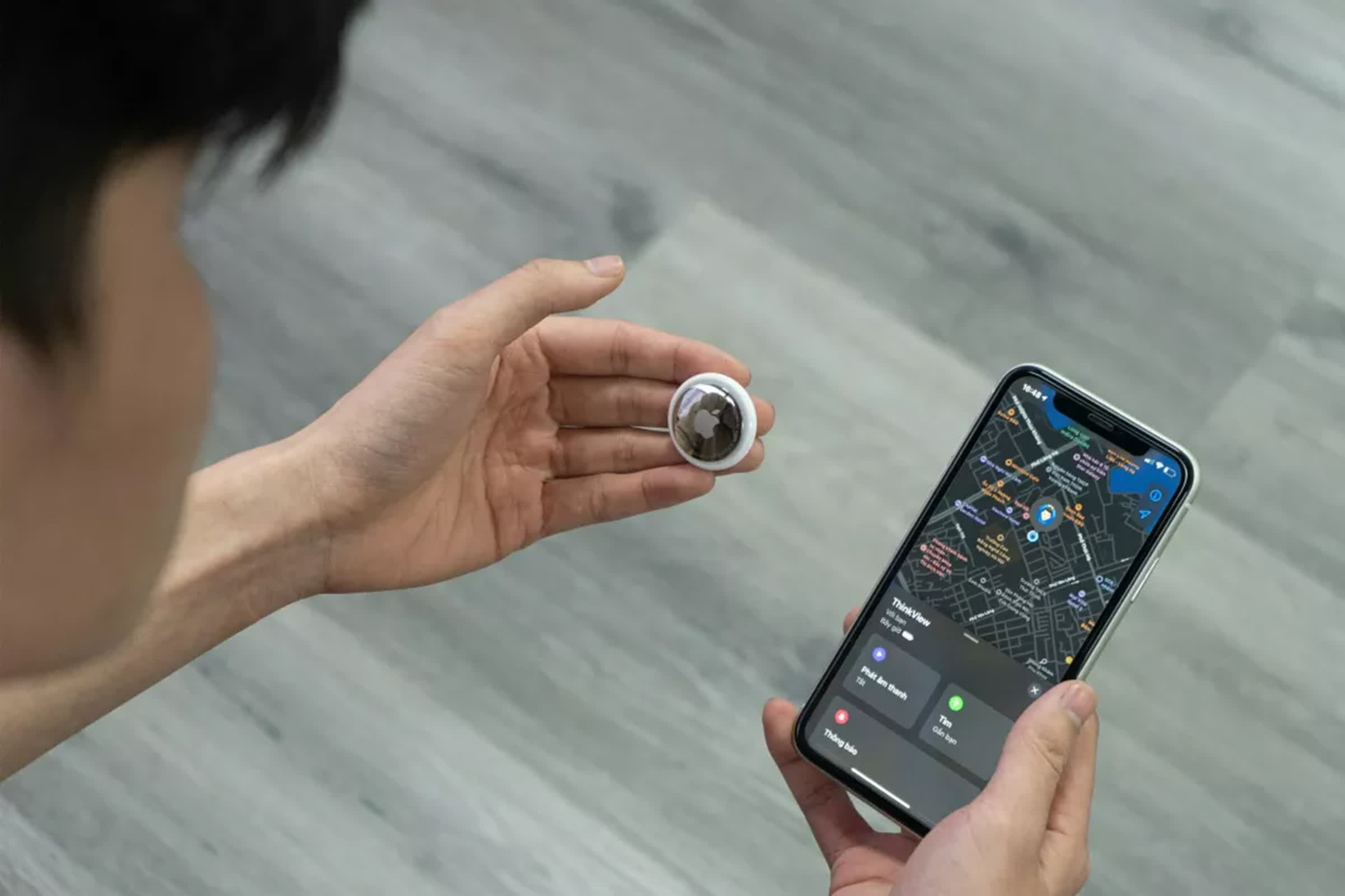Something to look forward to: Apple's AirTag revolutionized the concept of easy smart location with its compact form factor and accurate directional tracking. Now the company is working on a next-generation device that will correct some of the missteps it made with the first one. Namely, the ease with which it can be used to stalk people.
Apple is preparing to launch a successor to its popular AirTag tracking device. Expected around the middle of 2025, this next-gen version comes nearly four years after the original AirTag hit the market, changing the way users keep track of their belongings.
The upcoming AirTag, internally code-named B589, is expected to retain a similar form factor to its predecessor while boasting significant improvements under the hood. According to Bloomberg's Mark Gurman, the new model will feature enhanced range capabilities, an upgraded wireless chip, and bolstered privacy measures.
These improvements should add up to AirTag 2 providing more reliable and efficient tracking capabilities, as well as the ability to locate items from a greater distance.

One of the most notable enhancements is a focus on making the device more tamper-resistant. Apple is reportedly working on making it considerably more difficult to remove the speaker from the AirTag, a modification that some individuals have exploited for malicious purposes such as stalking. As a result, Apple is facing legal challenges over the misuse of the original AirTag.
In December 2022, a class-action lawsuit was filed against Apple by dozens of people who claimed they were stalked by AirTag users. The plaintiffs alleged that Apple failed to implement adequate safety features to prevent misuse. In March 2024, US District Judge Vince Chhabria denied Apple's motion to dismiss the lawsuit and allowed three claims to proceed for negligence and strict product liability under California law.
The judge's decision opens the door to Apple possibly facing increased liability for how its AirTags are used, even by third parties. This could set a precedent for holding tech companies more accountable for the misuse of their products.
In the meantime, Apple has taken steps to tackle unwanted tracking with its current model, implementing features such as alerts sent to iPhones when an unknown AirTag is detected traveling with the user, and the ability to trigger a sound on the device to locate it.
This feature was the result of a joint endeavor between Apple and Google to develop an industry specification called "Detecting Unwanted Location Trackers" (DULT) for Bluetooth tracking devices. It enables alerts to be sent to users across both iOS and Android platforms if an unknown Bluetooth tracking device is detected moving with them over time.
Apple is also contending with increased competition as companies like Google and Life360 develop their own tracking networks. Apple's improved AirTag should help Cupertino stay competitive in an evolving market it helped to create.
